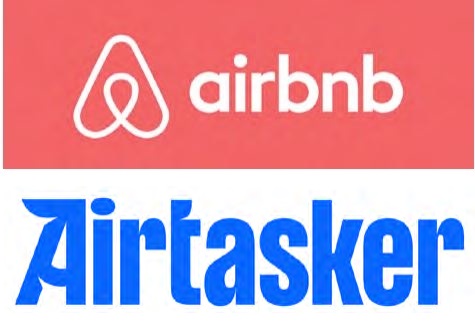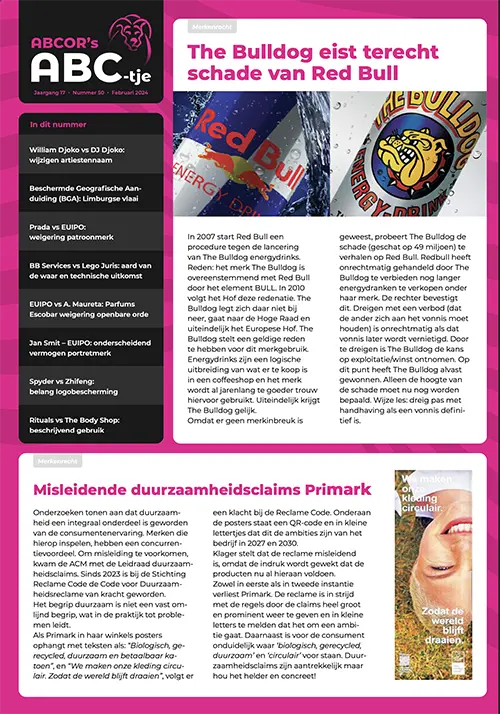When Airbnb opposed the mark AIRTASKER (for software), the opposing party countered by initiating revocation for lack of use. The dispute eventually reached the European court, which determined the trademark was demonstrably used primarily for booking services via the platform. However, the same could not be shown for several other classes—such as advertising, newsletters, and payment services—which instead only supported Airbnb’s own platform, not independent service provision. Consequently, registration was partly revoked: the mark survives for “organising temporary accommodation” but not for broader “temporary housing” or other ancillary services. The lesson for trademark owners is sharp: ensure that each registered class or service is backed by clear, autonomous use—or face losing exclusive rights. A nuanced registration strategy, paired with regular audits of genuine market use, is key to robust protection.

